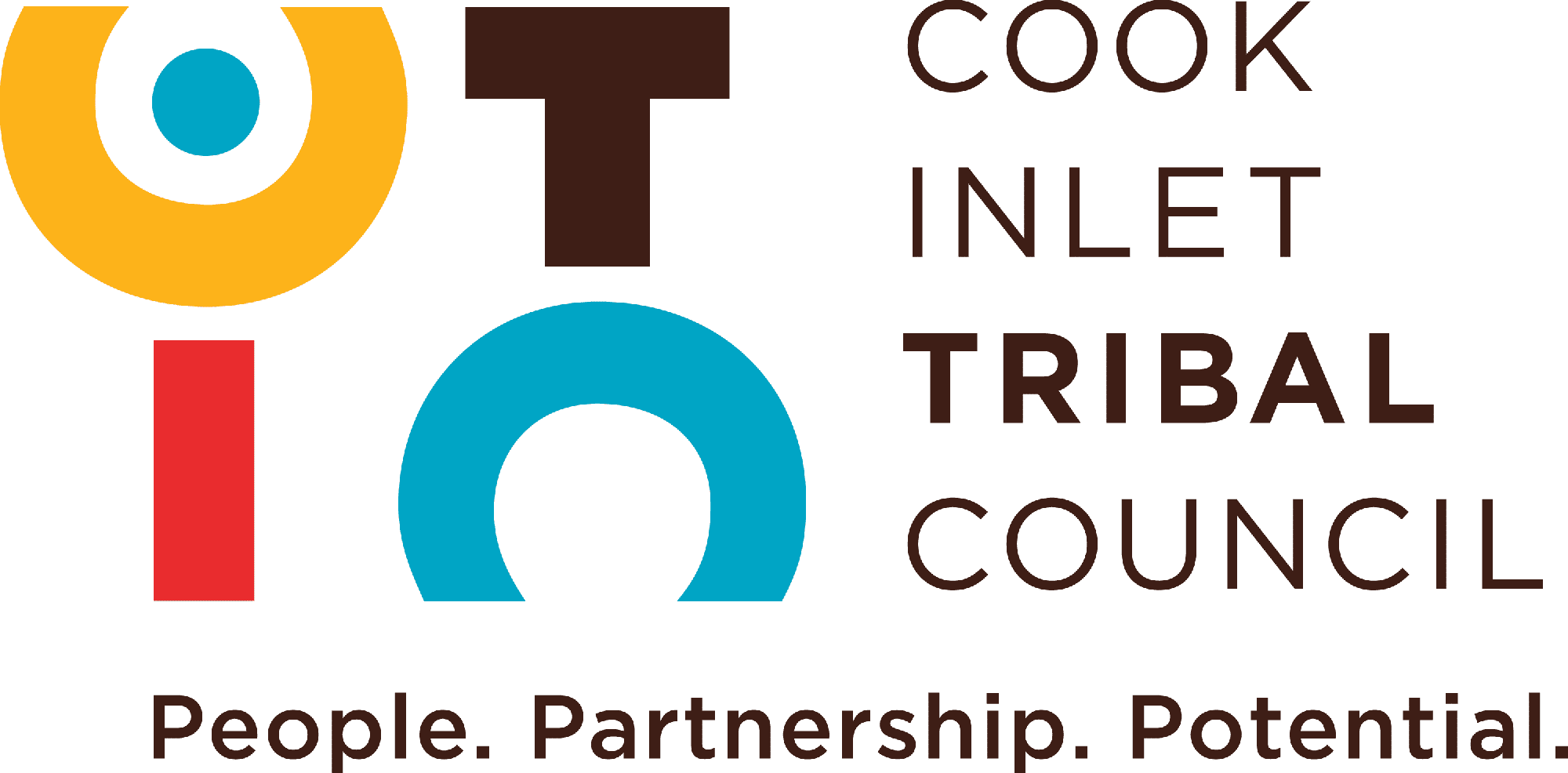11 Aug First Person: Emory Evern Builds a Solid Foundation
It’s never easy to ask for help. But—as Emory Evern discovered—sometimes it’s the first step toward in making your life look the way you want it to.
First Person is a series that highlights the voices and experiences of Our People. This as-told-to feature is based on an interview with an individual who has achieved success with the support of CITC programs and services.
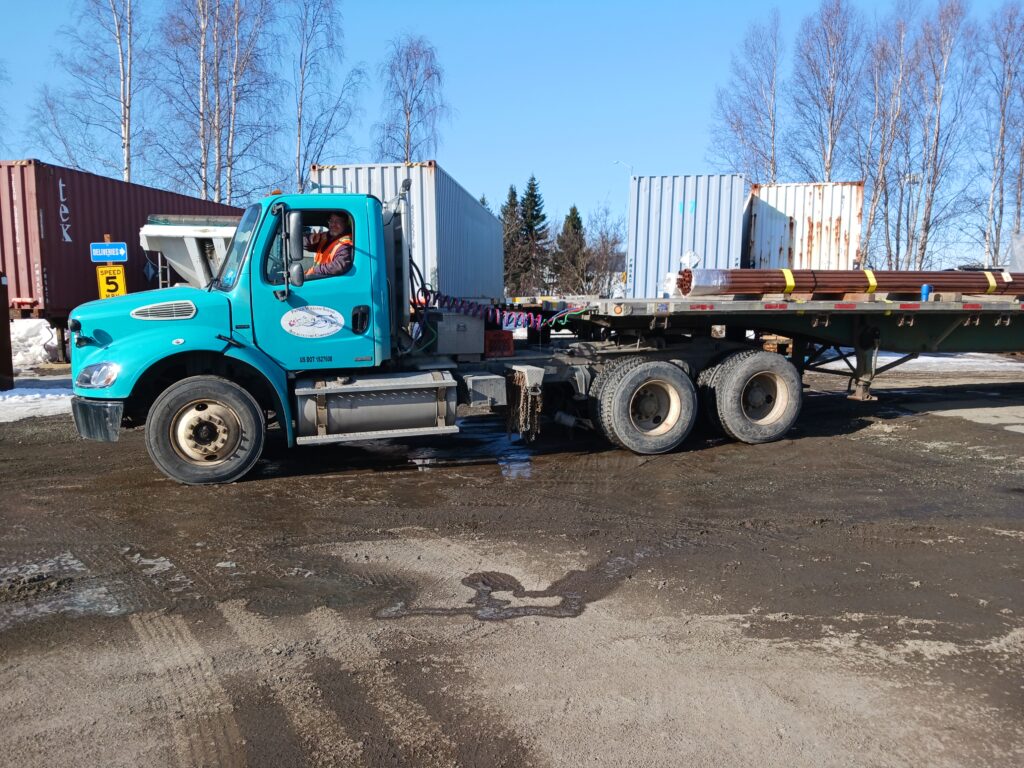
I was facing a big transition in life. I had been married for seven years, had been with my wife for twelve. I came back up [to Alaska] from Puerto Rico, and she stayed there. I was living with my sister. Housing here [in Anchorage] is pretty tight.
I started working construction for NANA Construction. I was working 12-hour days on the slope, up at Red Dog Mine, which I enjoyed. I was doing hitch work, which isn’t year-round work, so it meant I wasn’t really financially stable.
But I’m 47 years old, and I had some pretty prominent injuries: a bad acetabular fracture in my left hip and no ACL. God is good, and he allowed me to be able to work. But I knew that it was going to wear on my body. I had to make a change.
I’m Alaska Native (Iñupiaq Eskimo), so I knew that CITC provided services. I came to CITC to see my options. I wanted out of construction; my surroundings had gotten kind of negative and it was affecting me emotionally and mentally.
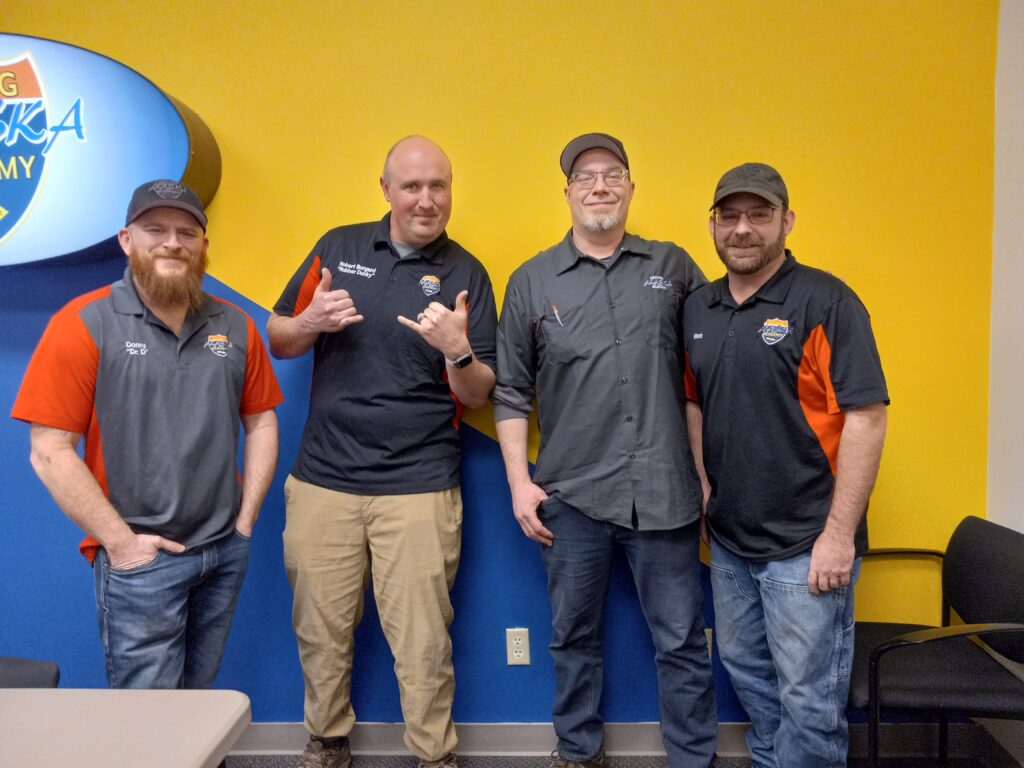
CITC paid for my CDL training. I went to Alaska Driving Academy out of Sterling for four weeks of training. It was pretty rigorous; it took a lot of discipline and focus. And while I trained, I lived with seven or eight other people. We worked together, studied together, lived together. It’s a month of really learning to cohabitate, be patient, and learning how to get along. That’s not easy for everyone.
But the education was thorough. There was a lot of book and class work. It really prepared me for understanding the trucking industry, as opposed to just being a driver. It opened my mind to what I could do if I pursued a career in trucking.
Getting my Class A CDL is kind of a gateway to a myriad of different positions. It’s not just, I’m going to get behind a truck and just drive. If I wanted to pursue making money, I could do that. There’s a lot of money to be made in trucking, especially up on the slope. I have to get my endorsements—that’s what opens up avenues to excelling in the trucking field.
I’ve never been a very financially motivated person, so truck driving—it was really just kind of an option to go into. A foundation so that I could move forward. But it turned out to be financially great—I mean, $29 an hour. That’s great.
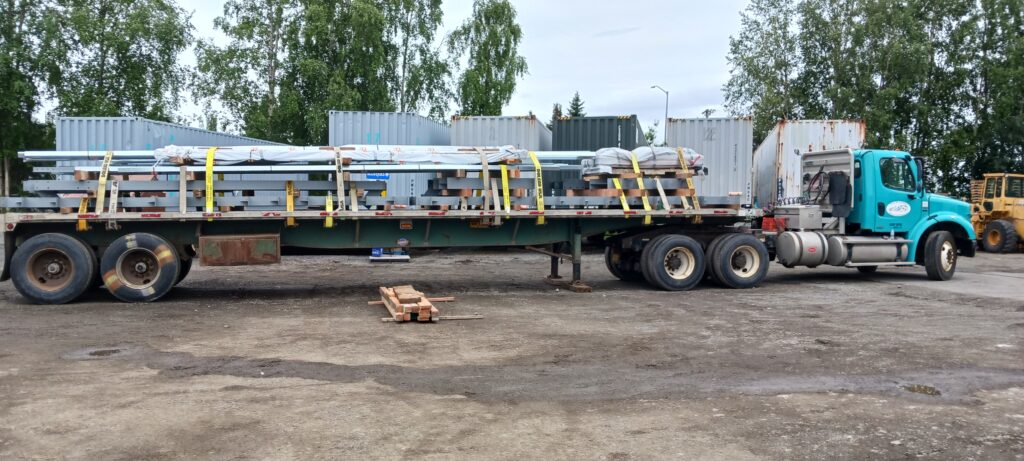
Now I work for Prince William Sound Aquaculture Corporation. I drive a truck from our distribution center [in Anchorage] to Whittier, where we have five remote hatchery sites where people live and work. I provide a service to bring food and supplies to them. It gives me a sense of purpose, to do that safely on our most dangerous highway out of Anchorage. I also receive in the warehouse. It’s a very small office, and that’s something I’ve been accustomed to before, working closely with coworkers—that’s ideal, to me.
I think if somebody’s mindset isn’t set on succeeding, it can be difficult. You have to have a mindset of going in and accomplishing your goal. Erline [Weston] was my CITC caseworker, and I was thankful for all her work. Everybody is overloaded; I was a human services major in college, so I know that caseloads are huge and everybody needs help, and not everybody who goes into an office is going to complete what they started. So I’m very thankful for Erline’s persistence. She did the best she could with what she had to help me. Knowing that she has her own challenges, too, I was really able to bond with her. I’m thankful for her sticking it out and helping me. She deserves a bouquet of flowers.
I think the most important thing is staying humble, and not letting my pride pop up. Like, asking for help isn’t something that I’m used to doing. I don’t think it’s something that most men my age are doing. Asking for help is difficult for prideful people, so staying humble throughout the process was—that’s my greatest learning experience, for sure.
You can find support at CITC, too! Get started with the first step by contacting our Employment and Training Services department today at (907) 793-3300 or etsd@citci.org.
